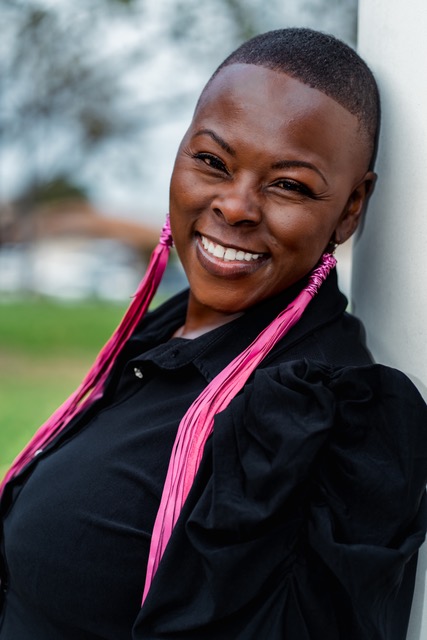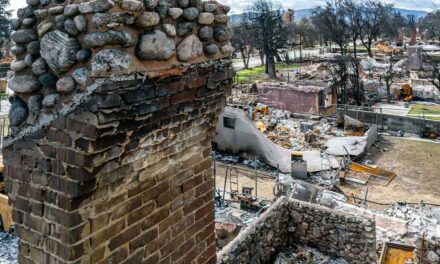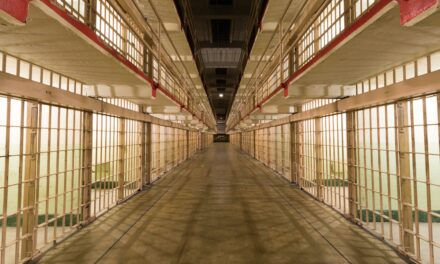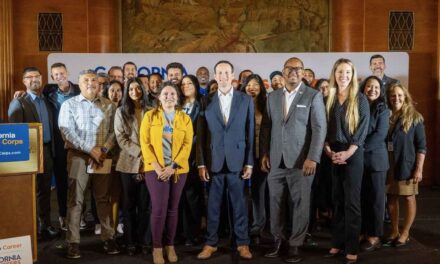Crying Out Loud Yet Still Not Heard: Reclaiming Mental Health in Communities of Color
For far too long this nation has turned its back on communities of color- denying us access to healing, safety, rest and care. It’s not just neglect; it’s a cold-blooded system created to keep us in survival mode. This systemic injustice robs us of our joy, poisons our peace, and undermines our will to live.

By Kara James, FNP-C
Some losses leave a silence so deep; it echoes through everything that follows.
When my daughters were just one and four years old, I lost someone I loved deeply to mental illness and suicide. That pain hit in ways I could have never imagined. It cracked something open in me—a wound that never fully closed, but also a fire that never went out. From that heartbreak, I found a strength I didn’t know I had. Today, that strength fuels everything I do. It is the same strength that I use to tell my story and fight for my people.
We are crying out—but still not heard.
For far too long this nation has turned its back on communities of color- denying us access to healing, safety, rest and care. It’s not just neglect; it’s a cold-blooded system created to keep us in survival mode. This systemic injustice robs us of our joy, poisons our peace, and undermines our will to live. It weighs on our minds, our bodies, and our spirits. And still, we show up. We fight. We love. And we continue to build. Our strength is sacred, shaped by generations of struggle and survival. But let’s be clear: resilience should not be the price that we pay simply to exist. We deserve more than just survival. We deserve to enjoy our lives fully, freely, and well.
Mental illness in our community is not a personal failure. It is frequently rooted in generations of pain, loss, and injustice. Chronic stress, poverty, food insecurity, housing instability, and exposure to violence not only harm our physical health, but also our emotional and psychological well-being. When we eventually reach out for help, we are confronted with stigma, dismissal, or inaccessible and untrustworthy systems.
The racism we experience isn’t just harmful—it’s deadly. The Centers for Disease Control and Prevention (CDC) has identified racism as a driving force behind the mental health crisis devastating Black communities. We don’t just read about it—we live it. We see it when our people are locked up instead of lifted up. We see it when our children struggle in underfunded schools, when our elders can’t access quality healthcare, when are voices are silenced, and our grief is dismissed. Between 2020 and 2022, suicide was the third leading cause of death among Black Americans. That’s not only a statistic; it’s a loud warning that our suffering is being overlooked, our humanity discounted, and our lives treated as disposable.
And to be clear, this is not only about Black communities. Our Latinx brothers and sisters have their own deeply rooted and equally devastating challenges: immigration trauma, generational poverty, language barriers, family separation, and the ongoing fear of being targeted or deported.
These experiences have a significant emotional impact, yet mental health care remains generally out of reach due to systemic mistrust, cultural stigma, and a lack of accessible, culturally competent clinicians. According to the Kaiser Family Foundation, Hispanic adults are 60% less likely than white adults to receive mental health services. That is not by accident; it is the outcome of deliberate disinvestment, exacerbated by fear, survival, and silence.
We are taught to keep our heads down, to carry the weight in silence, to be strong no matter the cost. We’re told to pray the pain away, to keep our struggles private, and to “push through” as if perseverance alone is healing. But true strength lives in our truth. It resides in our ability to say, “I need help.” Honoring our ancestors is more than surviving the systems that attempted to hurt them—it means creating something greater for ourselves and for the generations that follow. We deserve to be healed out loud. And we deserve systems that not only see us, but also fights for us, lift us up, and helps us thrive.
We are not simply statistics. We are the heartbeat of our families and the foundation of our communities. We are leaders, caregivers, visionaries, and warriors. Our communities have held the world together with little more than tenacity and grace. But resilience cannot be our only lifeline. We demand rest. We demand care. We demand access to mental health services that are rooted in love, justice, and cultural understanding. Freedom isn’t just political—it’s emotional, spiritual, and psychological. And it starts with reclaiming the power to feel, to be vulnerable, and to receive care without shame or delay.
So, here’s my call to action—to my community:
Talk about mental health. Normalize therapy. Educate yourself. Check on your people.
Ask for help when you need it—and offer support when you can.
You are not alone. And you are not broken.
We are the generation that stops whispering and starts demanding.
We are the generation that chooses healing over hiding.
We are the generation that refuses to be silent.
If you’re looking for resources or a place to start, Planned Parenthood Los Angeles’ Black Health Initiative offers services grounded in cultural humility and community care. You don’t have to navigate this alone.
—
Kara James, NP, is a Nurse Practitioner at Planned Parenthood Los Angeles and founder of the Black Health Initiative. She centers racial equity, reproductive justice, and community wellness in all she does—working every day to make sure Black and Brown people are seen, valued, and heard.










